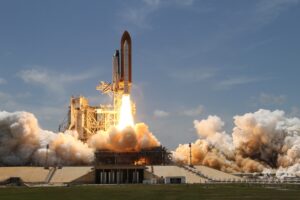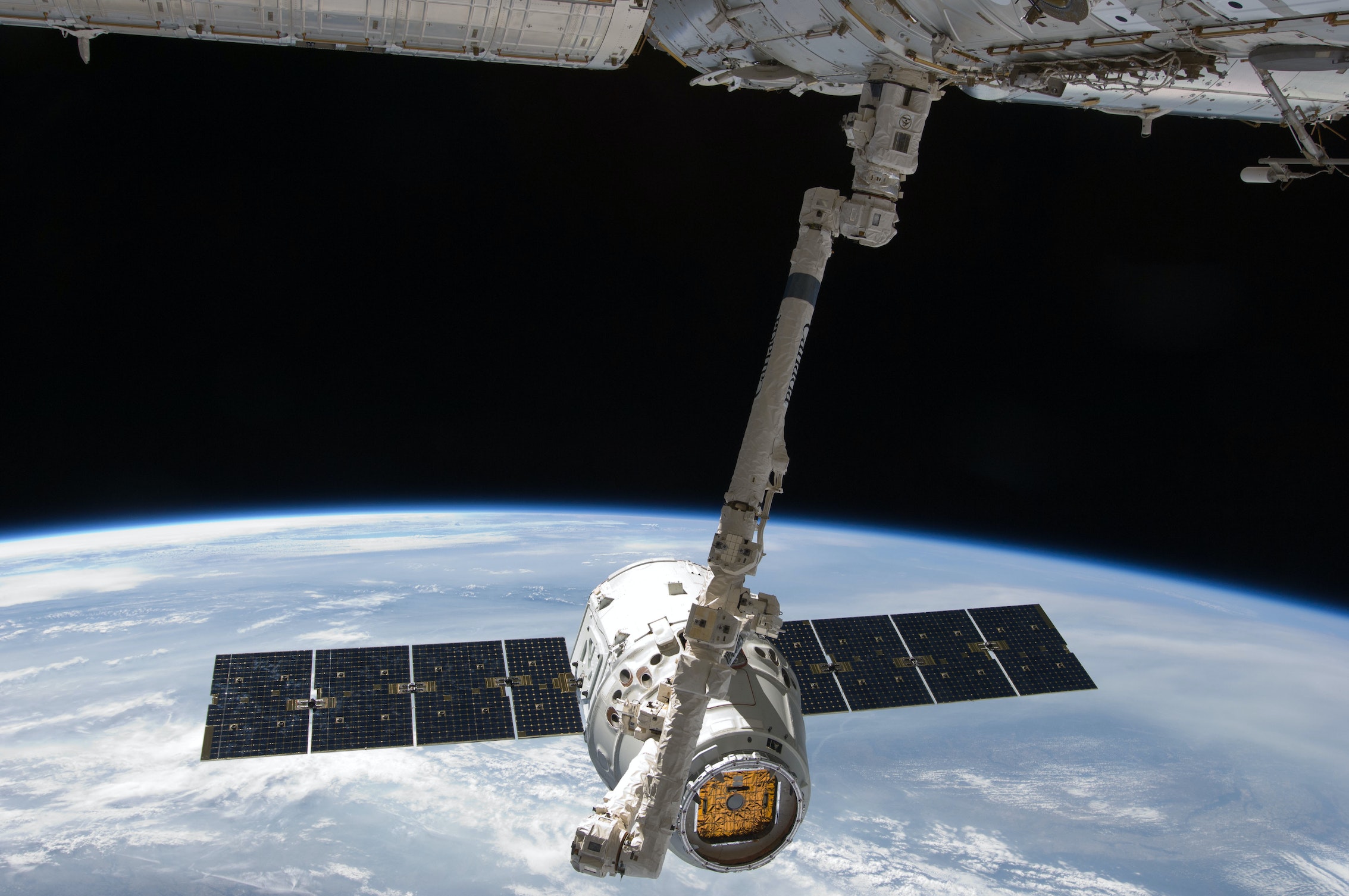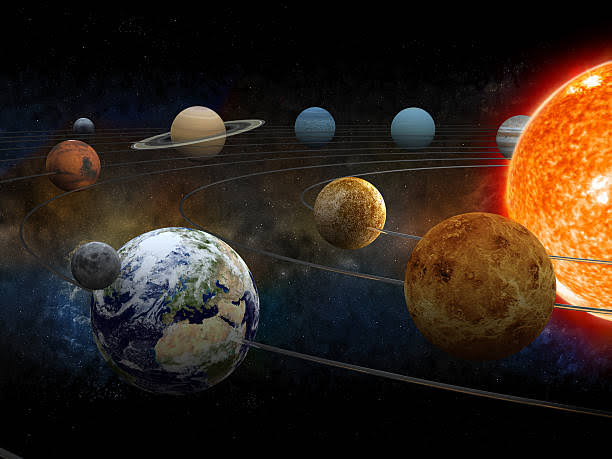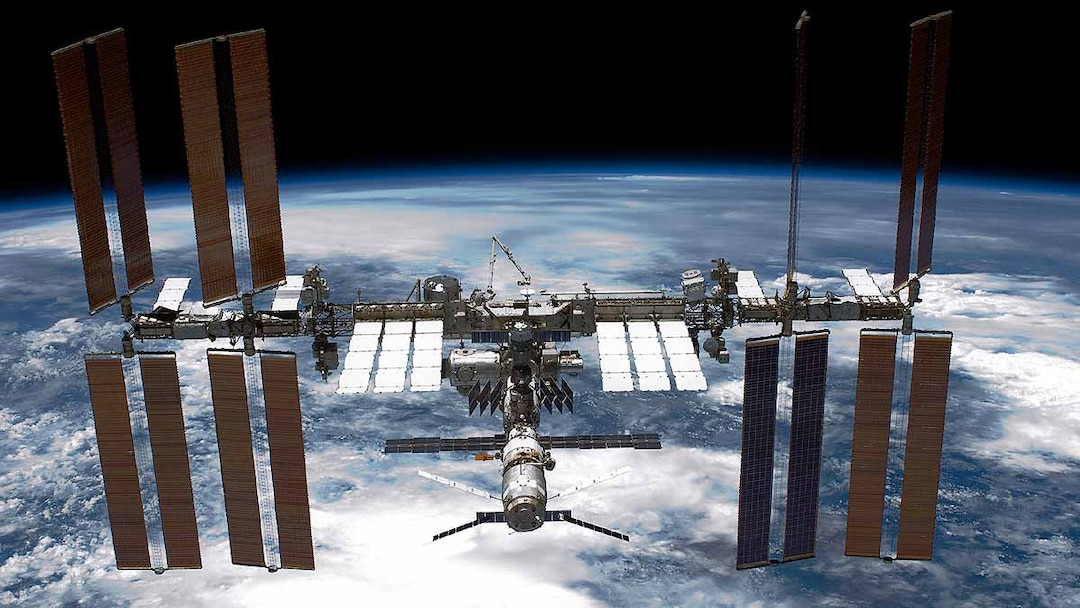Introduction
Space technology has revolutionized the way we perceive and interact with the universe around us. It encompasses a wide range of technological advancements and innovations that have enabled humanity to explore, understand, and utilize space for various purposes. From satellite communication to interplanetary exploration, space technology has transformed not only scientific research but also everyday life on Earth. This essay delves into the multifaceted realm of space technology, discussing its history, applications, challenges, and future prospects.
Historical Evolution of Space Technology
The journey of space technology began with the launch of the first artificial satellite, Sputnik 1, by the Soviet Union in 1957. This landmark event marked the dawn of the space age and set the stage for further advancements in the field. The United States followed suit with the launch of Explorer 1 in 1958, which discovered the Van Allen radiation belts encircling Earth. These early achievements paved the way for subsequent developments, including the launch of humans into space, such as Yuri Gagarin’s historic orbit in 1961.
The Apollo program by NASA stands as a testament to the rapid progress of space technology during the 1960s and 1970s. The culmination of this program was the successful moon landing in 1969, when Neil Armstrong and Buzz Aldrin became the first humans to set foot on the lunar surface. The technological innovations required for this endeavor were monumental, from the development of the Saturn V rocket to the design of the lunar module. These achievements not only showcased human ingenuity but also highlighted the collaborative nature of international space exploration.

Applications of Space Technology
Space technology’s impact extends far beyond the confines of our planet. One of its most significant applications is satellite communication, which has transformed global communication, broadcasting, and navigation systems. Satellites facilitate long-distance communication, enabling instant connectivity and data transmission across continents. GPS satellites, for instance, have revolutionized navigation, from personal devices to commercial shipping and aviation.
Earth observation satellites play a pivotal role in monitoring and managing our planet’s resources, weather patterns, and natural disasters. These satellites capture high-resolution images, enabling us to study climate change, track deforestation, and respond effectively to emergencies like hurricanes and tsunamis. The ability to collect and analyze data from space has revolutionized fields like agriculture, urban planning, and environmental conservation.

Space technology has also been instrumental in scientific discovery and exploration beyond Earth. Robotic missions, like the Mars rovers, have provided unprecedented insights into the geology and potential habitability of other planets. Telescopes like the Hubble Space Telescope have enabled us to peer deep into the cosmos, unraveling the mysteries of distant galaxies and cosmic phenomena. Additionally, the International Space Station (ISS) serves as a platform for conducting experiments in microgravity, advancing our understanding of human physiology, materials science, and technology development.
Challenges and Ethical Considerations
While space technology offers immense opportunities, it also presents challenges and ethical dilemmas. Space debris, comprised of defunct satellites and fragments from past missions, poses a significant threat to operational satellites and future space missions. As more objects are launched into space, the risk of collisions and the creation of even more debris escalate. Addressing this issue requires international collaboration and the development of strategies for debris mitigation and removal.
Furthermore, the privatization of space exploration has raised questions about resource allocation, ownership of celestial bodies, and potential conflicts. Companies like SpaceX, Blue Origin, and others are pushing the boundaries of space travel and commercialization, but regulatory frameworks to govern these activities are still evolving. Striking a balance between innovation, profit, and responsible space stewardship is crucial to ensure the sustainable development of space technology.

From Languages to Landscapes: Exploring India’s Incredible Diversity”
Future Prospects and Innovations
The future of space technology holds promise for even more groundbreaking advancements. One of the most anticipated developments is the prospect of human missions to Mars and beyond. Organizations like NASA and SpaceX are actively working on technologies to enable safe and sustainable journeys to the Red Planet. These missions will require innovations in life support systems, propulsion technologies, and habitat design to ensure the well-being of astronauts during extended space travel.
Advancements in propulsion systems, such as ion drives and nuclear propulsion, could significantly reduce travel times for interplanetary missions. This would open up opportunities for more ambitious exploration and the potential colonization of distant celestial bodies. Additionally, the mining of asteroids for valuable resources, such as rare metals and water, could revolutionize space-based industries and provide a sustainable source of materials for Earth.

Conclusion
Space technology continues to shape the course of human history by expanding our horizons, fostering scientific discovery, and enhancing the way we live and communicate. From its humble beginnings with the launch of Sputnik to the present-day endeavors of exploring Mars and beyond, space technology reflects the relentless pursuit of knowledge and progress. As we venture further into the cosmos, it is imperative that we address the challenges and ethical considerations posed by our activities in space. By doing so, we can ensure that the final frontier remains a realm of exploration, collaboration, and wonder for generations to come.




















[…] Space Technology: Historical Evolution of Space Technology […]
[…] Space Technology: Historical Evolution of Space Technology […]
[…] Space Technology: Historical Evolution of Space Technology […]
[…] Space Technology: Historical Evolution of Space Technology […]
I don’t think the title of your article matches the content lol. Just kidding, mainly because I had some doubts after reading the article.